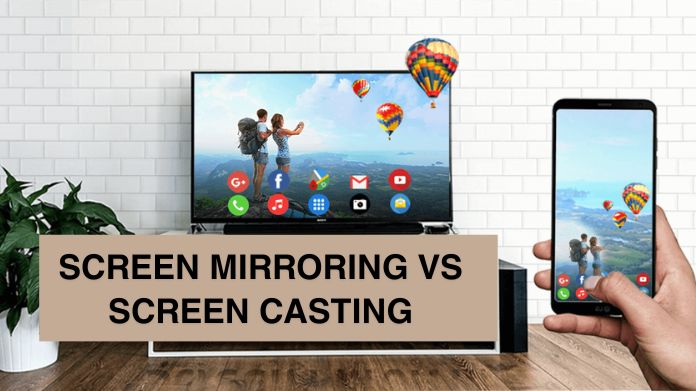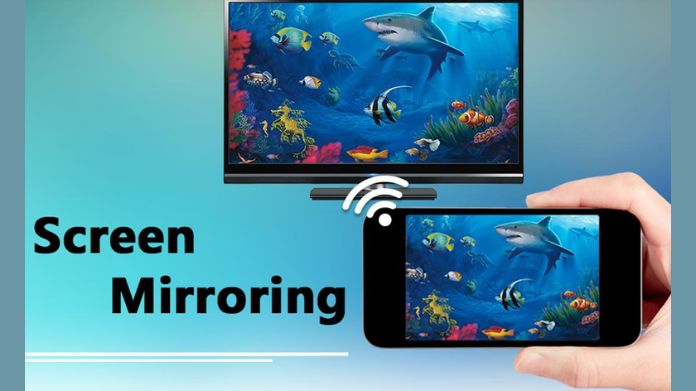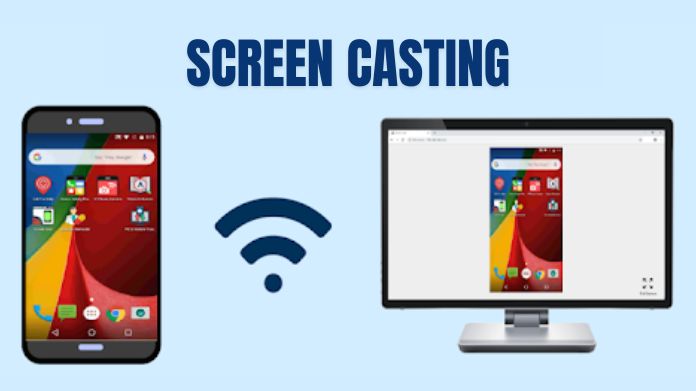Screen Mirroring Vs Screen Casting: What is the Difference
35 views
Skip to first unread message
John sarno
Feb 28, 2024, 6:59:58 AM2/28/24
to Screen Mirroring And Casting
Are you one of those people who likes to stream content from your phone or laptop? You may have heard of screen mirroring and casting.
There may be a chance you have got confused between screen mirroring and casting. But don't worry, get the correct information from below the article and make yourself clear.
Knowing the differences between media streaming, screen mirroring, casting, and screen sharing is essential.
These wireless content-sharing terms are often used interchangeably, and while there are similarities, they are not the same thing.
To share your phone display with your big screen, there are many tools available on the internet. In all of those, Scrcpy is the best and most trusted tool for sharing your phone screen with big screens like TVs, Laptops, or Computers.
Screen mirroring and casting are two different technologies, each with its own unique use cases. To make it easier for you to understand them.

In this comprehensive guide, we'll explain the difference between screen mirroring and casting, and when it's appropriate to use each one.
Differences Between Screen Mirroring and Casting
Screen mirroring and casting are two ways to show stuff on a bigger screen from a mobile device, but they work differently. So, to find out the difference, let's look at what one is and what its functions are.
Screen Mirroring:
A feature referred to as "screen mirroring" lets you view the screen of your computer or mobile device on a bigger screen—like a television or projector.

This can be useful for presentations, playing games, or watching movies on a bigger screen.
There are different ways to mirror your screen, depending on the device and the type of screen you want to mirror. Some standard methods include using a HDMI or USB cable, a wireless connection, or a dedicated mirroring device.
There are some applications available on the internet, like Scrcpy, Teamviewer, LetsView, ApowerMirror, and many more.
Why to Choose Screen Mirroring?
Screen mirroring and casting are similar, but there are a few key differences that may make one more suitable than the other, depending on your needs. Here are some reasons why you might choose screen mirroring over casting:
- Compatibility: Screen mirroring works with a broader range of devices and operating systems than casting, which is often limited to specific apps and platforms.
- Access to device settings: You can easily change the brightness, volume, and other settings on your device by mirroring your screen and getting access to all of its options.
- Better for interactive content: Screen mirroring can be better for displaying interactive content, such as games because it allows you to control your device from a larger screen.
- More reliable: Screen mirroring can be more reliable than casting, as it doesn't rely on an internet connection or a specific app.
In general, screen mirroring can be a valuable and practical approach to sharing your material with others or improving your watching experience.
Screen Casting:

With the use of screen casting technology, you may stream content from your computer, mobile device, or TV to a bigger screen, like a monitor or TV.
This includes music, movies, and images. It involves projecting the content onto the secondary display only rather than mirroring the entire screen.
Why to Choose Screen Casting?
Screen Casting is well suited for streaming media, such as videos, music, or photos, from your device to a larger screen.
- Projecting something onto a secondary display exclusively is known as casting. If you want to play something on a monitor other than your device, this is a great function.
- When it comes to screen casting, your TV wirelessly receives online content via a digital media player to a TV via a wireless connection.
- Popular streaming services like Netflix and YouTube support casting, enabling you to watch your favorite movies, series, or videos on a bigger screen with just a few taps on your device.
- By executing casting in the background while you may utilize your primary device for other chores without having to display them on a screen, casting also allows you to multitask on your device.
- One of the main advantages of casting is that it does not require a physical connection between your device and the display, making it more convenient and flexible.
Overall, screen casting is a convenient and versatile technology that can be used in a variety of settings. It allows you to share and display content with others easily, making it a valuable tool for both personal and professional use.
Wrap Up
After getting all the info from the above article on the difference between screen mirroring and screen casting, you can now easily decide which will be best for you.
However, both screen mirroring and casting are two different functionalities with their unique benefits. Depending on your needs and preferences, one may be more suitable than the other.
Reply all
Reply to author
Forward
This conversation is locked
You cannot reply and perform actions on locked conversations.
0 new messages
